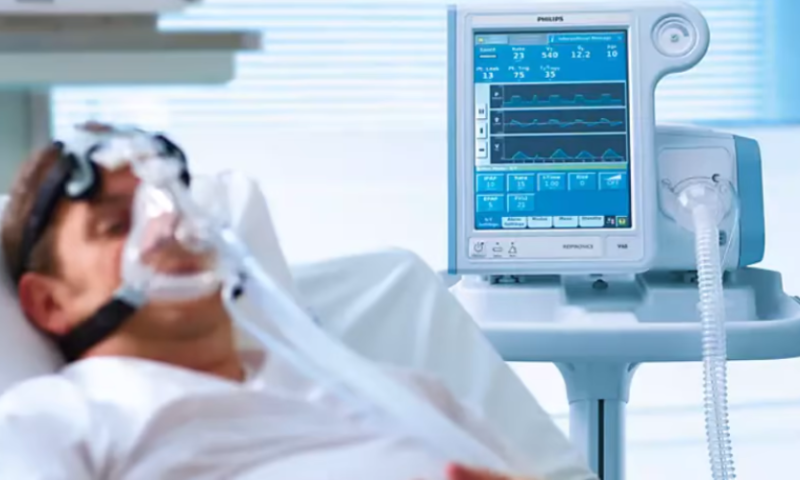More than a year after the official start of the ongoing Class I recall that has sent revenues plummeting and affected millions of CPAP and BiPAP machine and ventilator users around the world, troubles continue to stack up for Philips’ respiratory devices segment.
Earlier this year, in mid-March, the company began a separate recall of all of its V60, V60 Plus and V680 ventilators—which had escaped the original recall. The safety event covered more than 56,000 devices distributed in the U.S. alone, spanning all those distributed between May 2009 and December 2021.
It stemmed from an issue Philips identified within the machines’ internal power mechanism, where an energy fluctuation could force a reboot of the backup alarm controller, which might, in turn, cause a complete shutdown of the device without any visible or audible alarms or other warnings.
In the time it takes for the ventilators to reboot, patients could go extended periods without the supplemental oxygen and breathing support they need. Accordingly, the FDA allotted another Class I rating to the recall, denoting a heightened risk of serious injury or death.
Philips has since updated the recall. For one thing, though the company didn’t initially publish information about the number of complaints it had received in connection with the power issue, according to a new FDA notice, it has now reported one patient death and four injuries since April 14.
The devicemaker also amended its guidance regarding future usage of the affected ventilators, after initially recommending across the board that healthcare providers continue using the devices after taking some mitigating actions.
Now those actions included a strong recommendation that all users connect the devices to a nurse call or remote alarm system, and make sure to respond promptly to every alarm issued by the device or backup alarm system, regardless of priority level. The company also suggested that users install an oxygen analyzer and use pulse oximeters to serve as additional monitors for potential shutdowns.
Healthcare providers should also always have an alternative ventilation device at the ready, Philips said, so that if a shutdown does occur, they can immediately disconnect the patient from the faulty device and begin providing oxygen support with the backup device as quickly as possible.
In its April update to the urgent medical device correction, however, Philips added in a suggestion that if those mitigating actions aren’t available, users should perform an analysis to determine whether continuing to use the devices to provide respiratory support is worth the potential risk of doing so without any of the suggested protections.
Philips said it’s working on a plan to address the issue. The first update to that plan is scheduled to arrive before the end of this month.
The recall arrives more than a decade into the V60 ventilator’s tenure on the market. Both it and the V60 Plus model are designed to assist with and augment patient breathing—rather than providing full life support—while the V680, which has yet to be cleared in the U.S., provides both invasive and non-invasive respiratory support. All of the machines are indicated for use only in healthcare facility settings.

